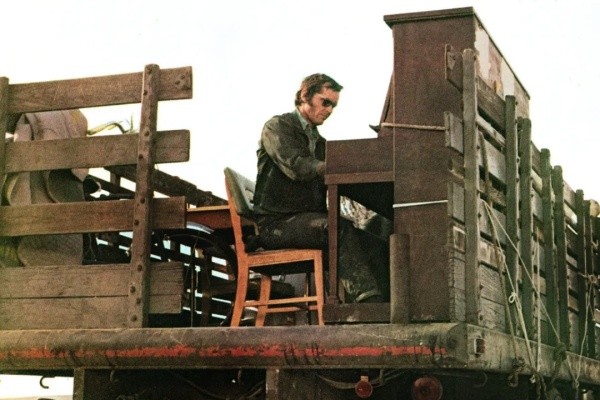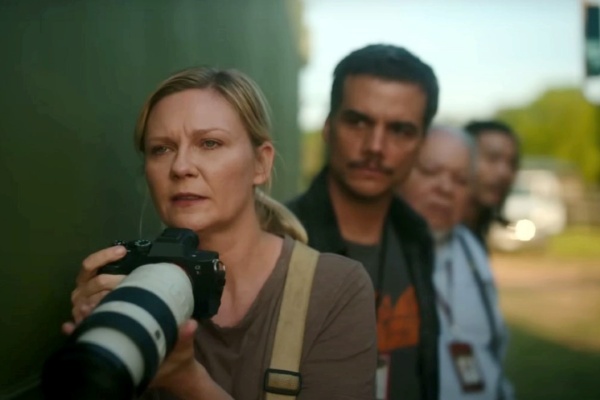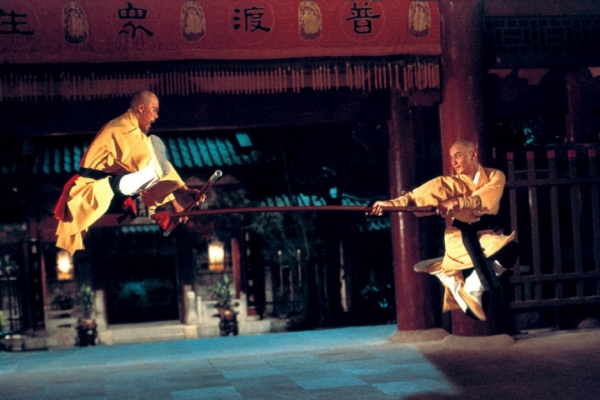A riveting if underrated postmodernist tale by Jarmusch about the multiplicities and intersections of cultures new and old, starring an excellent Forest Whitaker as a hip-hop listening African-American hitman deeply influenced by the ancient mythos of the Japanese samurai.

Review #2,303
Dir. Jim Jarmusch
1999 | USA | Crime/Drama | 116 mins | 1.85:1 | English & French
NC16 (passed clean) for strong violence and language
Cast: Forest Whitaker, Isaach De Bankole, Tricia Vessey
Plot: An African-American Mafia hit man who models himself after the samurai of old finds himself targeted for death by the mob.
Awards: Nom. for Palme d’Or (Cannes)
Source: Studiocanal
Accessibility Index
Subject Matter: Moderate – Identity; Cultures; Mythology
Narrative Style: Slightly Complex
Pace: Slightly Slow
Audience Type: Slightly Arthouse
Viewed: Criterion Blu-ray
Spoilers: No
I’m left with a few more titles to watch before I’m Jim Jarmusch complete. Here we have Ghost Dog: The Way of the Samurai, a film made before the turn of the millennium.
It is about the multiplicities and intersections of cultures new and old, of music, cinema, philosophy, poetry, language, and possibly much else.
Jarmusch’s work is a melting pot of everything from East and West, the ancient and the contemporary, and in some prescient way, a marker of the old-world charm that the planet would leave behind as the human race careened into a new era of aggressive globalisation, capitalism and digitalisation.
Forest Whitaker plays the titular character, an African-American hitman who listens to hip-hop, communicates with extreme brevity through messages tagged to homing pigeons, but most importantly, is deeply influenced by the mythos of the Japanese samurai.
“Even if one’s head were to be suddenly cut off, he should be able to do one more action with certainty.”
After an unexpected complication from a contract job, he becomes the target himself of the Italian mafia hoping to get rid of him.
However, it’s not easy to eliminate someone who knows the Ways of the World, and in his inimitable style, Jarmusch has fun with his material in the most deadpan manner possible.
Surely influenced by the likes of Melville’s Le samourai (1967), Ghost Dog would also be fascinating to view as the middle part of what I would propose as Jarmusch’s loose trilogy concerning (im)mortality and spirituality, together with Dead Man (1995) and Only Lovers Left Alive (2013).
Together with the moody cinematography by frequent collaborator Robby Muller and invigorating music by RZA (of the Wu-Tang Clan), Ghost Dog is a riveting if underrated postmodernist tale that sees Jarmusch fully in his element.
Grade: A-
Trailer:
Music:











